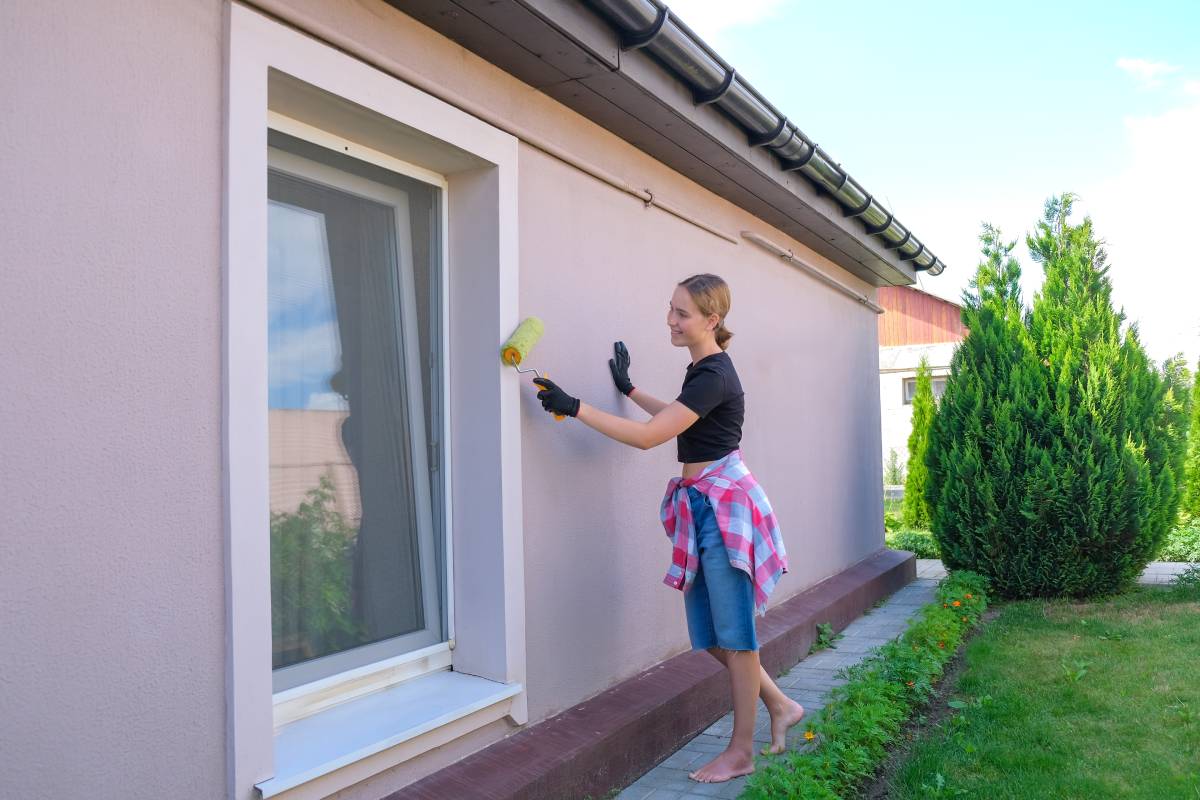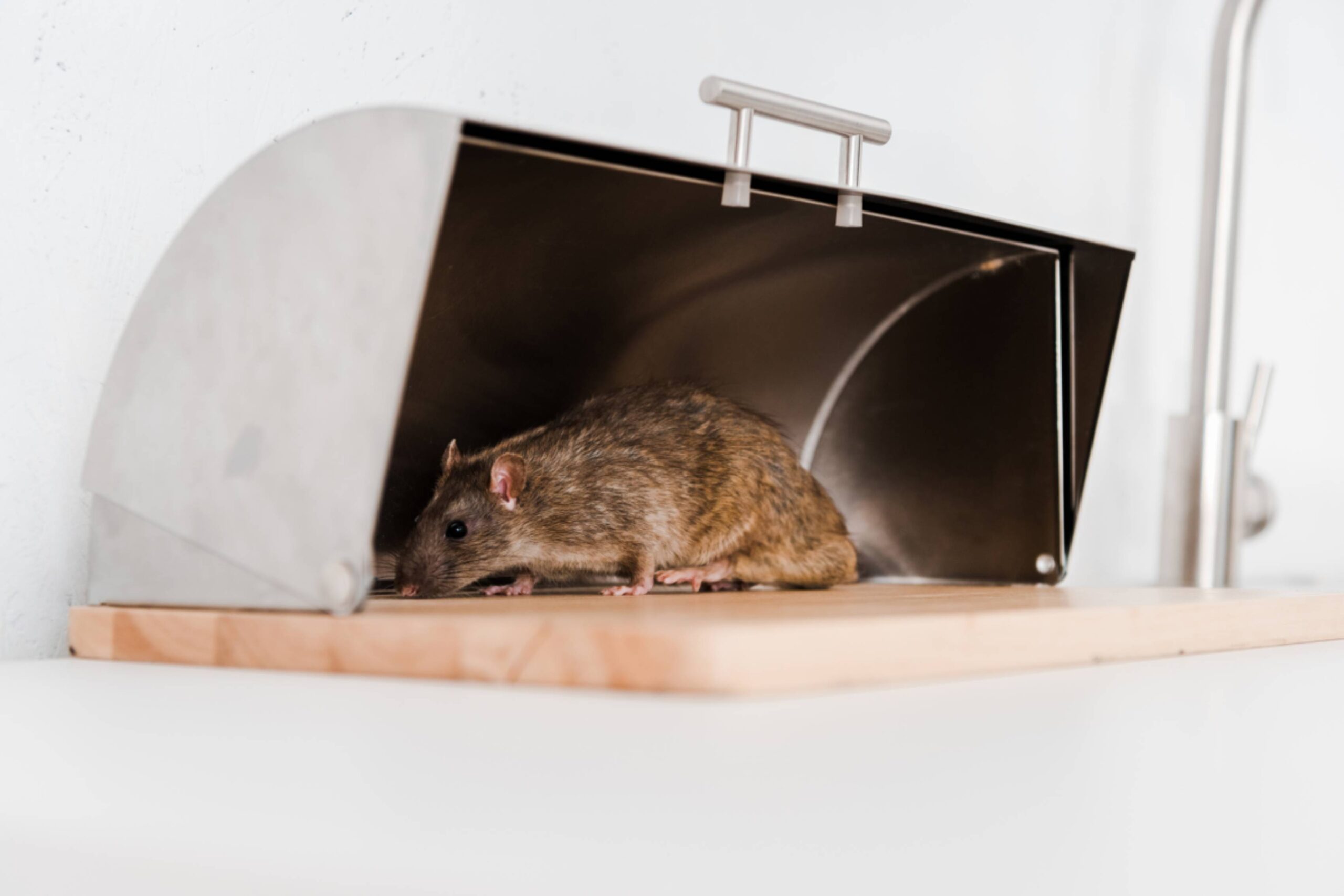Planning a wedding is an exciting journey filled with countless decisions that shape one of the most memorable days of your life. From selecting the perfect venue to organizing every detail and deciding on the ideal menu, each choice plays a vital role in creating a celebration that reflects your unique love story.
In this guide, we’ll walk you through how to choose the perfect wedding venue, prepare effectively for your big day, and select the best food to delight your guests helping you craft a flawless and unforgettable wedding experience.
How to Choose the Perfect Wedding Venue
The venue is more than just a backdrop for your wedding it shapes the entire atmosphere and impacts the logistics of your event. Here’s how to find the perfect place for your celebration:
1. Determine Your Budget
Before you start touring venues, have a clear idea of how much you want to spend. The venue cost often takes up a significant portion of the budget, so knowing your limit helps narrow down your options. Don’t forget to factor in extras such as taxes, service fees, and any required insurance or permits.
2. Decide on the Style and Theme
Consider the overall vibe you want for your wedding. Are you dreaming of a romantic garden ceremony, a classic ballroom event, or a rustic barn reception? Your venue should complement your wedding theme and personal style. Look at pictures online and visit places that match your vision.
3. Guest List and Capacity
Know approximately how many guests you want to invite. Make sure the venue can comfortably accommodate your guest count not just for seating, but also for movement, dining, and dancing. A space that’s too small will feel cramped; too large might feel empty and impersonal.
4. Location and Accessibility
Think about the convenience of the location for you and your guests. Is it easy to get to by car or public transport? Are there accommodations nearby for out-of-town guests? Accessibility considerations like parking and wheelchair access are also important.
5. Amenities and Services Offered
Some venues offer all-inclusive packages that cover catering, décor, tables, chairs, and more. Others are more of a blank canvas, where you bring in vendors.
Determine what the venue provides and what you will need to arrange separately. Also, consider whether there are restrictions like noise curfews or decor limitations.
6. Available Dates and Flexibility
Popular venues can book up quickly, so check availability early. If you have a specific date in mind, be ready to move quickly or be flexible with your timing to secure your dream venue.
7. Visit in Person and Ask Questions
Photos can be deceiving. Visit potential venues at the same time of day as your wedding to see the lighting and atmosphere. Bring a checklist and ask about setup times, parking, restroom facilities, and any hidden fees. Trust your instincts on whether the venue feels right.
What to Do for Wedding Preparation
Once you have your venue booked, the preparation phase is where your vision starts to come to life. Here’s a checklist to help you stay organized and reduce stress:
1. Set a Timeline and Checklist
Create a detailed timeline counting backward from your wedding day, breaking down tasks month-by-month. Include important milestones like booking vendors, sending invitations, and final dress fittings.
2. Choose Your Vendors
Book key vendors early caterers, photographers, florists, DJs or bands, and officiants. Read reviews, get recommendations, and meet them in person if possible. Have clear contracts and understand payment terms.
3. Send Invitations
Decide on your invitation design and wording. Send save-the-dates 6–8 months before the wedding and invitations about 8 weeks before the day. Keep track of RSVPs to finalize headcounts.
4. Plan the Ceremony and Reception Details
Work with your officiant to create the ceremony order. Plan seating charts, music playlists, and any readings or special traditions. Coordinate timing with your venue and vendors to ensure a smooth flow.
5. Prepare Your Attire and Accessories
Schedule fittings for your wedding dress or suit well in advance. Don’t forget shoes, jewelry, veils, and any other accessories. Arrange hair and makeup trials so you know what to expect on the day.
6. Organize Transportation and Accommodation
Book transportation for the wedding party, and help guests with accommodation options if needed. Provide clear directions and timing details to avoid confusion.
7. Confirm All Details
A few weeks before the wedding, confirm details with all vendors and the venue. Prepare a day-of schedule and share it with everyone involved. Consider hiring a day-of coordinator or assigning a trusted person to manage logistics.
8. Take Care of Yourself
Wedding planning can be stressful. Make time to relax, eat well, and get plenty of rest. Don’t hesitate to ask for help or delegate tasks to friends and family.
9. Plan for Wedding After Parties
Consider organizing an after-party to keep the celebration going in a more relaxed setting. This can be at the same venue or a nearby location and often includes casual food, drinks, and entertainment like a DJ or karaoke. Make sure to plan transportation and communicate details clearly to guests.
How Do You Decide What Food to Serve at a Wedding?
Food plays a central role in your wedding celebration it nourishes your guests, sets the mood, and reflects your style. Here are some tips to help you decide on the perfect menu:
1. Consider Your Budget
Catering costs can vary widely depending on the type of food and service style. Decide early on how much of your overall budget you want to allocate for food and beverages.
2. Know Your Guest Preferences
Think about the dietary needs and preferences of your guests. Are there many vegetarians, vegans, or people with allergies? Offering a variety of options ensures everyone can enjoy the meal comfortably.
3. Match Food Style to Wedding Theme
Your menu should complement your wedding’s tone. A formal black-tie event might call for a plated multi-course meal, while a casual outdoor wedding could be perfect for a buffet or food stations.
4. Choose Between Serving Styles
- Plated Meals: Elegant and controlled portion sizes, but can be slower service.
- Buffet: Guests choose what they want, good for variety and socializing.
- Family-Style: Shared platters encourage interaction and a homely feel.
- Food Stations: Interactive and diverse, allowing guests to sample different cuisines.
5. Focus on Seasonal and Local Ingredients
Using fresh, seasonal, and locally sourced ingredients can enhance the quality of the food and may also be more cost-effective. Seasonal menus also tend to be more sustainable.
6. Taste Test Before Deciding
Most caterers offer tasting sessions. Use this opportunity to sample dishes and customize flavors. This also helps avoid surprises on the wedding day.
7. Plan for Drinks and Dessert
Don’t forget beverages alcoholic and non-alcoholic options. Consider a signature cocktail for your reception. For dessert, options range from a traditional wedding cake to dessert tables or mini treats.
8. Consider Logistics
Discuss with your caterer how food will be served and kept fresh, especially for outdoor or summer weddings. Check if there are kitchen facilities at the venue or if the caterer will bring equipment.
Professional Wedding Services :
Dining Abode is a top choice for couples seeking exceptional catering and flawless service. They provide customized menus to fit your wedding theme and dietary needs, handling everything from food preparation to cleanup. With Dining Abode, you partner with professionals committed to creating a memorable dining experience for your special day.
- Customized Menus Tailored to Your Theme and Needs
Professional services design personalized menus that match your wedding theme and dietary preferences, ensuring every dish fits the atmosphere and suits all guests. - Comprehensive Service from Food Preparation to Cleanup
The team handles every step, from preparing and cooking the food to serving and cleaning up afterward, so you don’t have to worry about anything. - Professional Team Dedicated to Creating a Memorable Dining Experience
Dining Abode professional services’ expert staff pays attention to every detail to ensure your guests enjoy an unforgettable culinary experience.
Conclusion
Choosing the perfect wedding venue, preparing thoroughly for the event, and deciding on the best food to serve are key steps to creating a memorable and enjoyable wedding day.Start with a clear budget and vision, communicate well with your vendors, and always keep your guests’ comfort and enjoyment in mind.
Don’t forget to personalize every aspect to reflect your unique love story, making the day truly yours. Embrace flexibility and stay organized to smoothly handle any unexpected moments with grace.With careful planning and attention to detail, your wedding will be a beautiful celebration that you and your loved ones will cherish forever.




